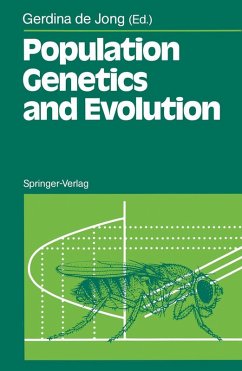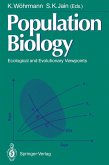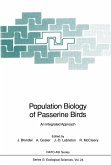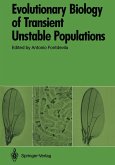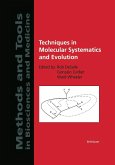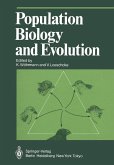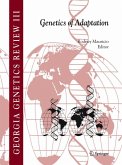At least since the 1940s neo-Darwinism has prevailed as the consensus view in the study of evolution. The mechanism of evolution in this view is natural selection leading to adaptation, working on a substrate of adapta tionally random mutations. As both the study of genetic variation in natural populations, and the study of the mathematical equations of selec tion are reckoned to a field called population genetics, population genetics came to form the core in the theory of evolution. So much so, that the fact that there is more to the theory of evolution than population genetics became somewhat obscured. The genetics of the evolutionary process, or the genetics of evolutionary change, came close to being all of evolutionary biology. In the last 10 years, this dominating position of population genetics within evolutionary biology has been challenged. In evolutionary ecology, optimization theory proved more useful than population genetics for interesting predictions, especially of life history strategies. From develop mental biology, constraints in development and the role of internal regula tion were emphasized. From paleobiology, a proposal was put forward to describe the fossil record and the evolutionary process as a series of punc tuated equilibria; thus exhorting population geneticists to give a plausible account of how such might come about. All these developments tend to obscure the central role of population genetics in evolutionary biology.
Dieser Download kann aus rechtlichen Gründen nur mit Rechnungsadresse in A, B, BG, CY, CZ, D, DK, EW, E, FIN, F, GR, HR, H, IRL, I, LT, L, LR, M, NL, PL, P, R, S, SLO, SK ausgeliefert werden.

